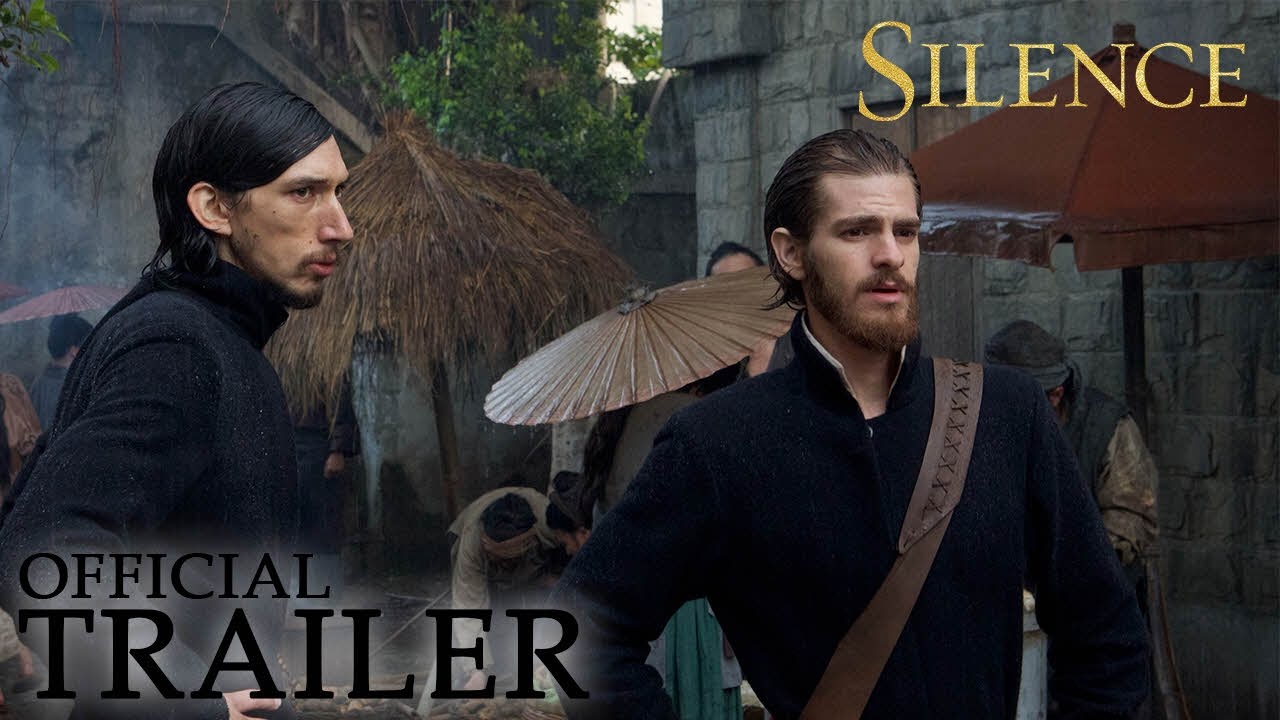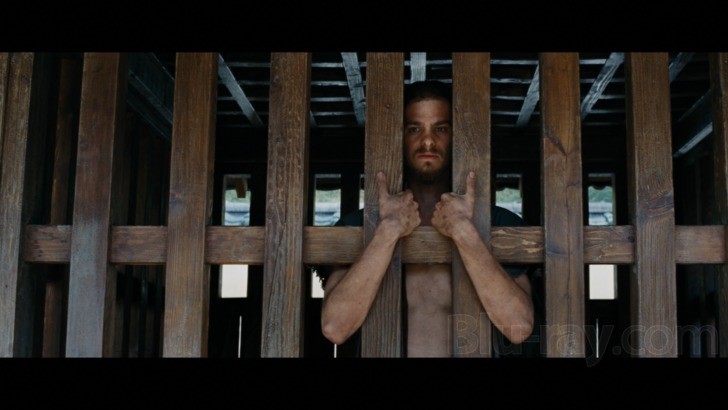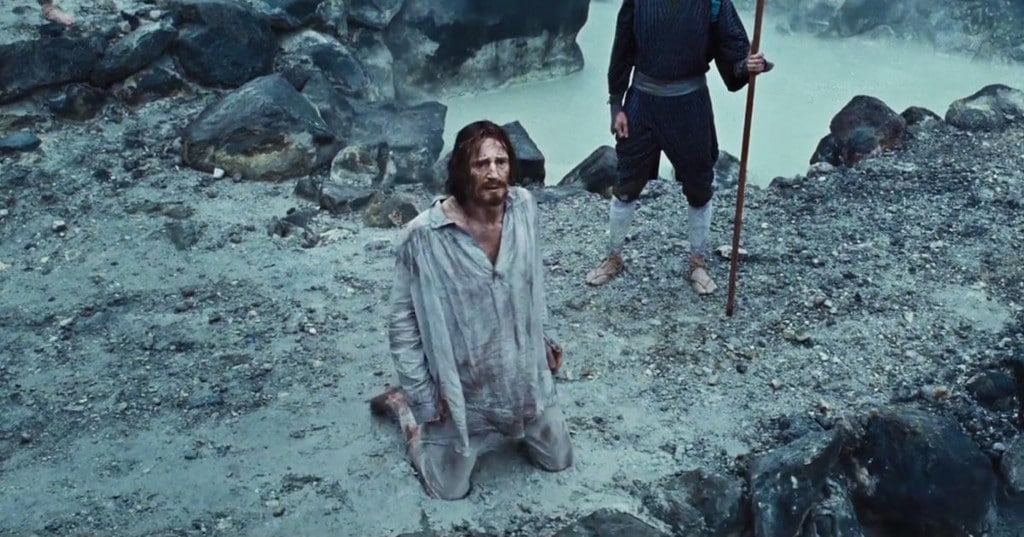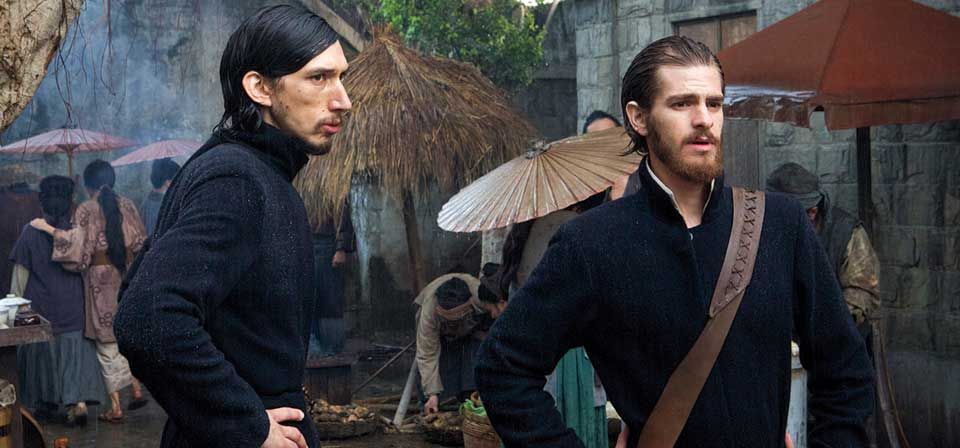
Silence (2016) is a historical epic directed by Martin Scorsese, based on the 1966 novel of the same name by Shūsaku Endō. The film, which marks the third adaptation of the novel, explores themes of faith, doubt, and cultural conflict. Set in the 17th century, the story follows two Portuguese Jesuit priests, Sebastião Rodrigues and Francisco Garupe, as they travel to Japan in search of their mentor, Ferreira, who has reportedly renounced his faith. The film delves into the emotional and spiritual challenges they face in a hostile environment where Christianity is persecuted.
The plot of Silence focuses on the internal and external struggles of the priests as they attempt to spread Christianity in Japan. Rodrigues, portrayed by Andrew Garfield, becomes the central character as he faces moral dilemmas and wrestles with his faith when confronted with the brutal reality of religious persecution. His journey is both physical and spiritual, as he experiences profound suffering and questions the nature of God’s presence in a world filled with pain and injustice. The narrative is deeply introspective, exploring the tension between personal sacrifice and the desire to save others.
Martin Scorsese’s direction in Silence is masterful, as he creates a slow-burn narrative that immerses the viewer in the complex world of 17th-century Japan. The film is visually stunning, with breathtaking landscapes and carefully composed shots that reflect the internal turmoil of the characters. Scorsese uses silence not just as a title, but as a thematic element, contrasting moments of quiet reflection with the intense emotional and physical suffering the characters endure. The cinematography and pacing contribute to the contemplative nature of the story.

The performances in Silence are remarkable, particularly Andrew Garfield’s portrayal of Rodrigues. Garfield delivers a deeply moving performance, capturing the conflict and despair of a man struggling to reconcile his faith with the pain he witnesses. The supporting cast, including Adam Driver as Francisco Garupe and Liam Neeson as Ferreira, also provides strong performances, adding to the depth of the narrative. The film’s cast brings the novel’s themes of faith, doubt, and sacrifice to life in a compelling and emotional way.

One of the central themes of Silence is the concept of martyrdom and the silence of God in times of suffering. As the priests face persecution and witness the torture and death of Japanese Christians, they are forced to confront the question of whether their faith is worth the immense suffering it causes. The film raises profound philosophical and theological questions about the nature of belief, sacrifice, and whether silence from God can be a form of divine presence or abandonment. These questions are at the heart of the film’s exploration of the human experience.

Silence was praised by critics for its thought-provoking narrative, its complex exploration of faith, and its exceptional direction and performances. Although the film is long and slow-paced, it was lauded for its emotional depth and philosophical weight. It earned several award nominations, including Academy Award nominations for Best Adapted Screenplay and Best Cinematography. Silence is a powerful and haunting meditation on faith, suffering, and the silence that may lie at the heart of human existence.
